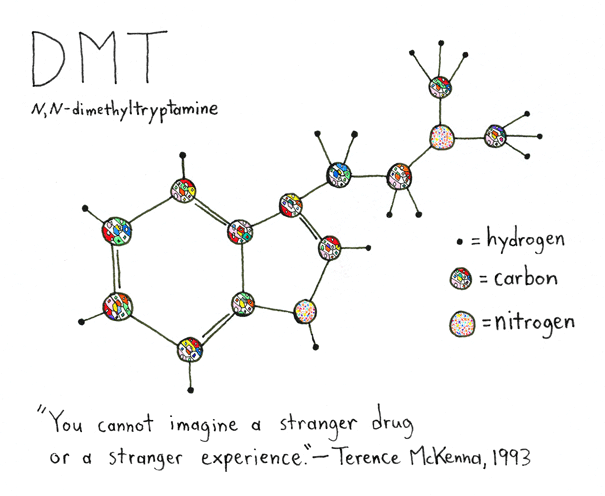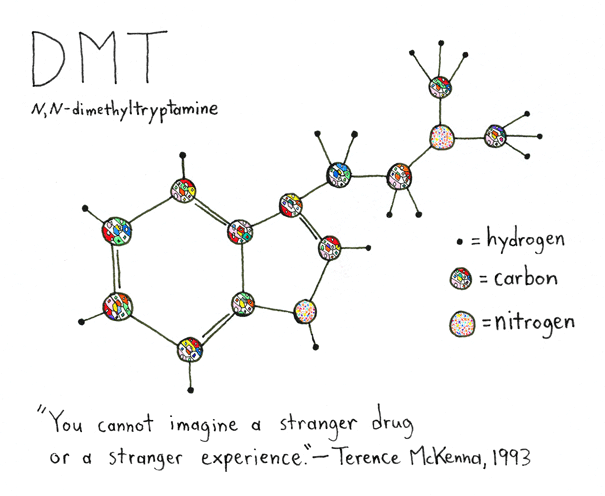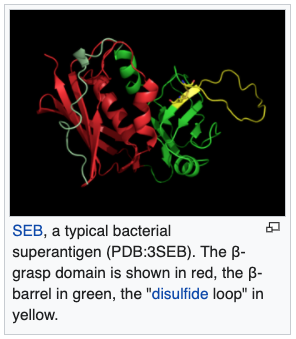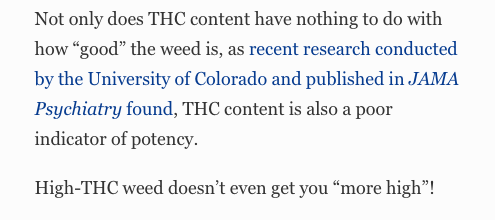
🧵"Psychoplastogens" = drugs that rapidly induce physical changes in the brain (neuroplasticity).
Examples: ketamine, psilocybin, LSD, DMT, MDMA.
Neuroscientists can literally watch new connections sprout overnight, as in the example below.
Movie:
1/
Examples: ketamine, psilocybin, LSD, DMT, MDMA.
Neuroscientists can literally watch new connections sprout overnight, as in the example below.
Movie:
1/

There are other plasticity-promoting psychoactive drugs, such as SSRIs, that are not psychoplastogens because they induce plasticity on a slower time scale (weeks).
Psychoplastogens can stimulate plasticity when exposed to neurons for <1 hour.
pubs.acs.org/doi/abs/10.102…
2/
Psychoplastogens can stimulate plasticity when exposed to neurons for <1 hour.
pubs.acs.org/doi/abs/10.102…
2/

I first learned about this term from the work of @DEOlsonLab.
I discussed his research with him in a recent podcast conversation, including his work on #psychedelics like ibogaine.
Listen here:
3/
I discussed his research with him in a recent podcast conversation, including his work on #psychedelics like ibogaine.
Listen here:
3/

I have discussed other psychoplastogens, like #psilocybin, with neuroscientists like @kwanalexc.
In that conversation, Dr. Kwan shared some fascinating microscopy videos of neurons in mice.
Watch here:
4/
In that conversation, Dr. Kwan shared some fascinating microscopy videos of neurons in mice.
Watch here:
4/

I also learned about ketamine, and how it compares to traditional depression medications like SSRIs, in a conversation with @LisaMonteggia:
Listen here:
5/
Listen here:
5/

To stay up-to-date on this general area of research, you can sign up for my free weekly newsletter, where I share some of the latest research and provide tools so you can freely access this information:
mindandmatter.substack.com
6/6
mindandmatter.substack.com
6/6
• • •
Missing some Tweet in this thread? You can try to
force a refresh











